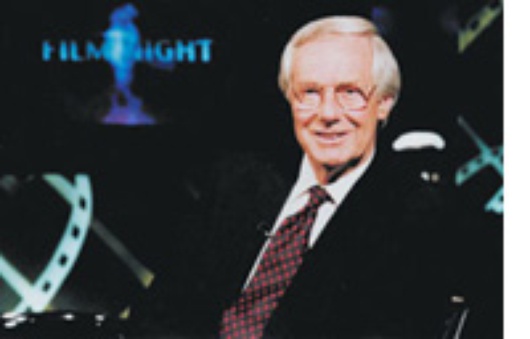Barry Norman on European Cinema
Published on
Britain’s best known film critic and acclaimed author does not seem to be enamoured with the continent’s latest cinematic output

What differentiates European cinema from American cinema?
The essential difference between European and American cinema is that Europe – alas, with the exception of Britain for the most part - has tended to regard film, very properly, as an art form. The Americans see it as a business. This difference, however, is gradually being eroded.
Do you see any particular trends taking place in European cinema, either in subject matter or treatment?
The dominance of American films at the box office seems to be having an adverse effect on European films. Traditionally, at their best the latter were noted for their sophistication, subtlety, their witty, insightful examination of human relationships (sexual or otherwise), and for the fact that their stories were character-driven, rather than plot-driven. They were aimed at adults, rather than children or teenagers. Now, when audiences often prefer much simpler, more action-packed American movies, European films seem to be striving for the Hollywood method in which style is more important than content and movement (hustle, bustle, explosions, chases) is often mistaken for action. This is another way of saying that action in a film should stem from the characters rather than the plot. European films seem to be getting broader, less sophisticated, less subtle - in other words they are dumbing down in an attempt to attract a mass audience. (This applies to British films, too, with the exception of those made by people like Mike Leigh and Ken Loach.)
Which do you consider are the most outstanding/ground-breaking European films currently in circulation?
I don't see any groundbreaking films around at the moment. There are excellent films such as Mike Leigh's ‘Vera Drake’, Pedro Almodovar's ‘Bad Education’ and Christophe Barratier's ‘The Chorus.’ But there is little, if any, evidence of people pushing the boundaries as the likes of Godard, Truffaut, Tarkovsky, Kieslowski, Wenders and many others did in the past. The most groundbreaking film of 2004 was perhaps ‘Eternal Sunshine of the Spotless Mind’, which was in fact American, although it owed an enormous amount of its novelty and innovation to its French director Michel Gondry.
Who are the European directors and/or actors to look out for in 2005?
Audrey Tautou is obviously a rising star among actors. Otherwise - judging by the European films we are shown in Britain - there doesn't seem to be any rising new star likely to have the impact of Belmondo or Moreau in the past. Among directors, one would continue to keep an eye on people like Gondry, Almodovar, Jean-Pierre Jeunet, Francois Ozon, Agnes Jaoui, Andre Techine and Christopher Nolan. It's always difficult to predict, early on, which actor or director will make a lasting impression. At the moment Europe seems to be marking time and it's hard to discern an exciting new talent on the horizon.
Does the recent enlargement of the EU mean that we shall be seeing more films from Eastern Europe?
With more Eastern European countries joining the EU we should certainly be seeing more films from that particular source. In the past, one of the main problems faced by Eastern European countries was finding distribution in the west. That should certainly change now. What impact that might have on the overall European film industry it is, I think, much too early to say. A lot will depend on the quality of the Eastern European films. If, for instance, the Polish industry is still imbued by the spirit of people like Kieslowski and seeks to make intelligent, grown-up films for intelligent, grown-up people and if these are successful, then the newcomers to the EU could have a truly beneficial effect on their western European colleagues. We shall have to wait and see.



